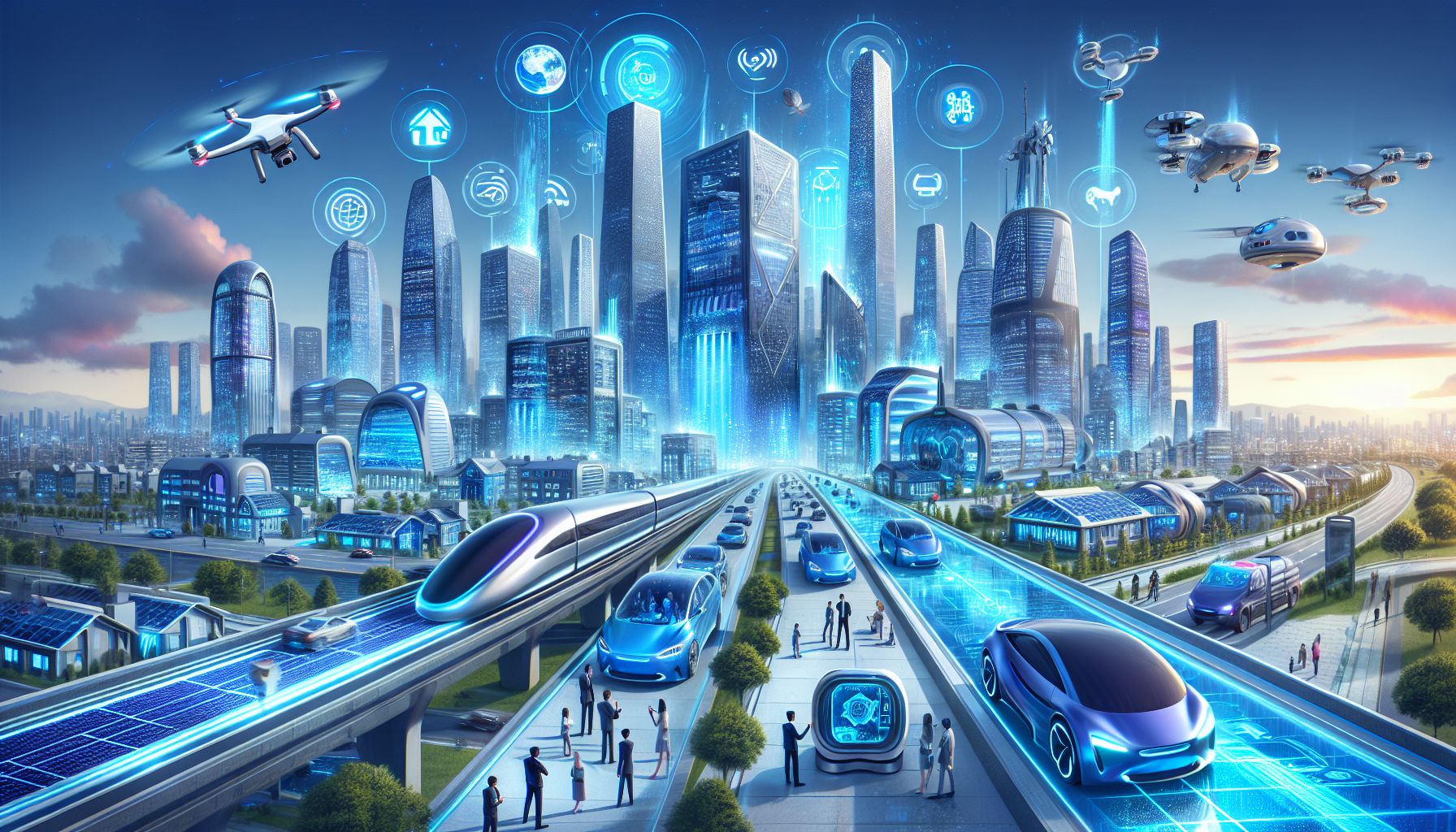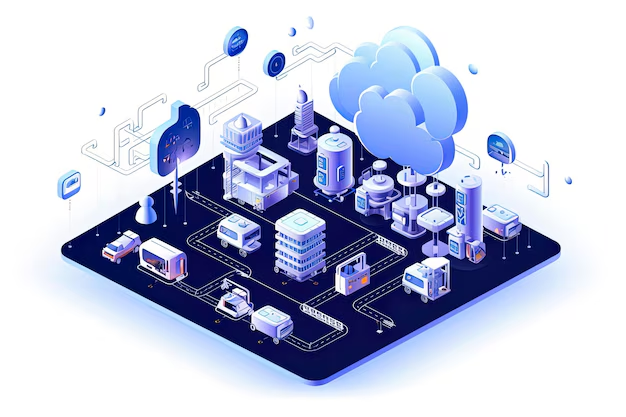Working Hours: Monday - Saturday, 10 AM - 7 PM
Blog Posted on 28 August, 2024 - 04:48 PM

Embracing the Future: How Emerging Technologies are Transforming Our World
Technology has always been a driving force behind human progress. From the invention of the wheel to the creation of the internet, each technological leap has fundamentally altered the way we live, work, and interact with the world around us. Today, we stand on the brink of another technological revolution, with emerging technologies promising to reshape our future in ways we are only beginning to understand.
The Rise of Artificial Intelligence
Artificial Intelligence (AI) is no longer a futuristic concept; it’s a reality that is already transforming industries across the globe. From healthcare and finance to retail and entertainment, AI is being used to automate processes, analyze large datasets, and make informed decisions with unprecedented speed and accuracy.
In healthcare, AI-powered diagnostics are helping doctors detect diseases earlier and with greater precision. In finance, AI algorithms are optimizing investment strategies and fraud detection. Even in our daily lives, AI assistants like Siri and Alexa are making our interactions with technology more intuitive and personalized. As AI continues to evolve, its potential to drive innovation and improve efficiencies is limitless.
The Impact of 5G Connectivity
The rollout of 5G networks is another game-changer in the tech world. Offering speeds up to 100 times faster than 4G, 5G is set to revolutionize how we connect with the internet and each other. This ultra-fast connectivity will enable new applications and services that were previously impossible, from real-time virtual reality experiences to smart cities with interconnected infrastructure.
For businesses, 5G means enhanced communication, faster data transfer, and the ability to harness the power of the Internet of Things (IoT) more effectively. Imagine a factory where machines can communicate with each other in real-time to optimize production processes, or a city where traffic lights adjust based on real-time traffic data to reduce congestion. These are just a few examples of how 5G will drive innovation and efficiency.
The Evolution of Blockchain
Originally known as the technology behind cryptocurrencies like Bitcoin, blockchain has evolved into a versatile tool with applications far beyond digital currencies. At its core, blockchain is a decentralized ledger that records transactions across a network of computers. This makes it highly secure, transparent, and resistant to tampering.
In the financial sector, blockchain is being used to streamline transactions, reduce fraud, and enhance security. In supply chain management, it’s providing greater transparency and traceability, allowing businesses to verify the authenticity of products and ensure ethical sourcing. As blockchain technology matures, we can expect to see its adoption across various industries, transforming how we manage data and conduct transactions.
The Promise of Quantum Computing
Quantum computing is another frontier that holds the promise of revolutionizing technology. Unlike traditional computers that use bits to process information in a binary format (0s and 1s), quantum computers use quantum bits or qubits, which can represent both 0 and 1 simultaneously. This allows quantum computers to perform complex calculations at speeds unimaginable with today’s technology.
While still in its early stages, quantum computing has the potential to solve problems that are currently intractable for classical computers. From drug discovery and cryptography to climate modeling and financial analysis, quantum computing could unlock new possibilities in research, security, and innovation.
The Role of Ethical Considerations
As we embrace these emerging technologies, it’s crucial to consider the ethical implications they bring. AI, for example, raises questions about privacy, job displacement, and decision-making biases. Blockchain, while secure, can be used for illicit activities if not properly regulated. Quantum computing could challenge current encryption methods, necessitating new security protocols.
Ensuring that these technologies are developed and implemented responsibly is essential to maximizing their benefits while minimizing potential risks. This requires collaboration between technologists, policymakers, and society as a whole to create frameworks that guide the ethical use of technology.
“Emerging technologies are not just tools; they are the architects of a new world, shaping the future of how we live, work, and connect.”
Conclusion
The future of technology is bright, with emerging innovations poised to transform every aspect of our lives.
From AI and 5G to blockchain and quantum computing, these technologies are not just enhancing what we can do—they are redefining what is possible. As we continue to explore and embrace these advancements, we must also remain mindful of the responsibilities they entail, ensuring that the future we build is one that benefits all of humanity.
Insightful Blogs
Discover insightful blogs that offer valuable perspectives, expert opinions, and engaging content on the latest trends and developments.
Get In Touch
With Us
We are headquartered in Kolkata, India. Send us your message and we shall get back to you soon.
Come and See the Future with Us
Let's make something great together. We are trusted by over 50+ clients. Join them by using our services and grow your business.




